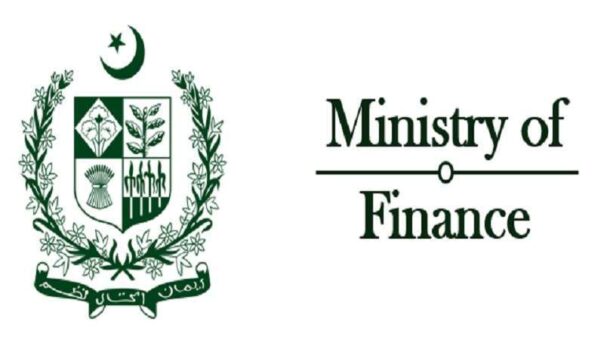In response to concerns raised by the International Monetary Fund (IMF) regarding Pakistan’s budget for the fiscal year 2023-24, the country’s finance minister issued a statement on Friday, addressing the issues raised and reaffirming Pakistan’s commitment to the IMF program.
The finance minister stated that Pakistan is firmly dedicated to the IMF program and that negotiations between the two parties are ongoing. In order to provide clarity on the specific issues raised in the press statement, the finance minister deemed it appropriate to clarify Pakistan’s position.
READ MORE: Tax Experts Express Concerns over Increase in Threshold for Money Whitening
To provide context, the 9th IMF review was conducted in early February 2023, during which the Government of Pakistan (GoP) swiftly resolved all technical issues. The only outstanding matter was that of external financing, which was amicably resolved during a telephonic call between the Prime Minister of Pakistan and the Managing Director of the IMF on May 27, 2023.
While the budget for fiscal year 2023-24 was not a part of the 9th IMF review, the budget numbers were shared with the IMF mission in accordance with the Prime Minister’s commitment to the IMF Managing Director. The finance ministry emphasized that ongoing engagement with the IMF also extends to discussions on the budget.
Regarding the specific concerns raised by Ms. Esther Perez, Pakistan’s position is as follows:
1. Tax Base Broadening: The Federal Board of Revenue (FBR) has added 1,161,000 new taxpayers, which represents a 26.38% increase in the tax base over the past 11 months. This effort is ongoing, and the recent implementation of a 0.6% advance adjustable withholding tax on cash withdrawals over Rs. 50,000 is a significant step in expanding the tax base.
2. Tax Exemptions: The tax exemptions announced in the budget are intended to stimulate growth in the real sectors of the economy. They serve as catalysts for employment generation and improved livelihoods for the common citizen. Additionally, the fiscal impact of these exemptions is relatively small.
READ MORE: Highlights of Amendments To Income Tax Introduced Through Finance Bill 2023
3. Benazir Income Support Program (BISP) Allocation: The pro-poor initiatives in the budget extend beyond BISP beneficiaries, whose budget has been increased from Rs. 400 to Rs. 450 billion. The budget also allocates Rs. 35 billion for targeted subsidies on five essential food items through the Utility Stores Corporation, benefiting families up to a poverty scorecard of 40. BISP beneficiaries can also avail themselves of this facility.
4. Amnesty: The government clarifies that the change regarding amnesty pertains to “dollarizing” the value of an existing provision in the Income Tax Ordinance 2001. The provision, available under section 111(4) of the Ordinance, has always been in place. The cap of Rs. 10 million (approximately $100,000 equivalent) introduced in fiscal year 2016 is being adjusted in terms of the rupee equivalence of $100,000.
READ MORE: Immunity to Bring Dollars into Pakistan May Lead to Misuse, Experts Warn
The government reiterates its full commitment to the IMF program and expresses its desire to complete the 9th review. The coalition government has already made difficult and politically costly decisions in line with this commitment. The finance ministry emphasizes that it remains flexible and engaged with the IMF to reach an amicable solution regarding the budget for fiscal year 2023-24.
